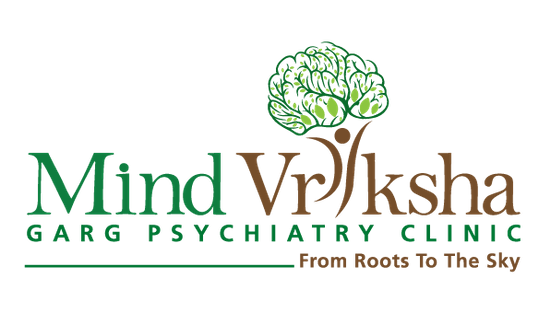Delirium is defined as a clinical syndrome, where the thinking of a person becomes slow and muddled with a lot of complexities. The state of mind of a person is extremely disturbed as a result he/she becomes very restless, hyper and encounters severe hallucinations.
The person suffering from Delirium becomes inaccessible to normal contact and social interactions. His/her behaviour becomes extremely disorganised and this person is not able to pay attention to anything.
Delirium is often confused with sudden Psychosis, Schizophrenia and bipolar disorder due to similar signs and symptoms.
FACTS
SYMPTOMS
- Changes in alertness
- Reduced consciousness and awareness
- Disorientation of time and place
- Rapid changes in sleep cycle
- Illusions and hallucinations
- Disorganized thinking
- Inability to control speech patterns and behaviours
- Body movements triggered by changes in the nervous system
- Short-term memory loss
- Emotional changes
- Anger
- Anxiety
- Irritability
- Agitation
- Euphoria
CASE STUDIES
A J, 58 years of age male, who was a known case of diabetes and hypertension underwent surgery for prostate related problem in a hospital. Following his surgery, the next day his family members noticed that his behaviour was unusually odd. He was talking loudly to himself, as if he was discussing with his deceased father about his health. He was also observed to make odd gestures as if trying to pick something from his clothes. He misidentified his daughter ass his wife and son as his brother. He was not oriented to place and time as well. He even got agitated, and did not sleep throughout the night and kept on shouting without any stimulation. Later on a psychiatric consultation was sought and was diagnosed as a case of Delirium.


